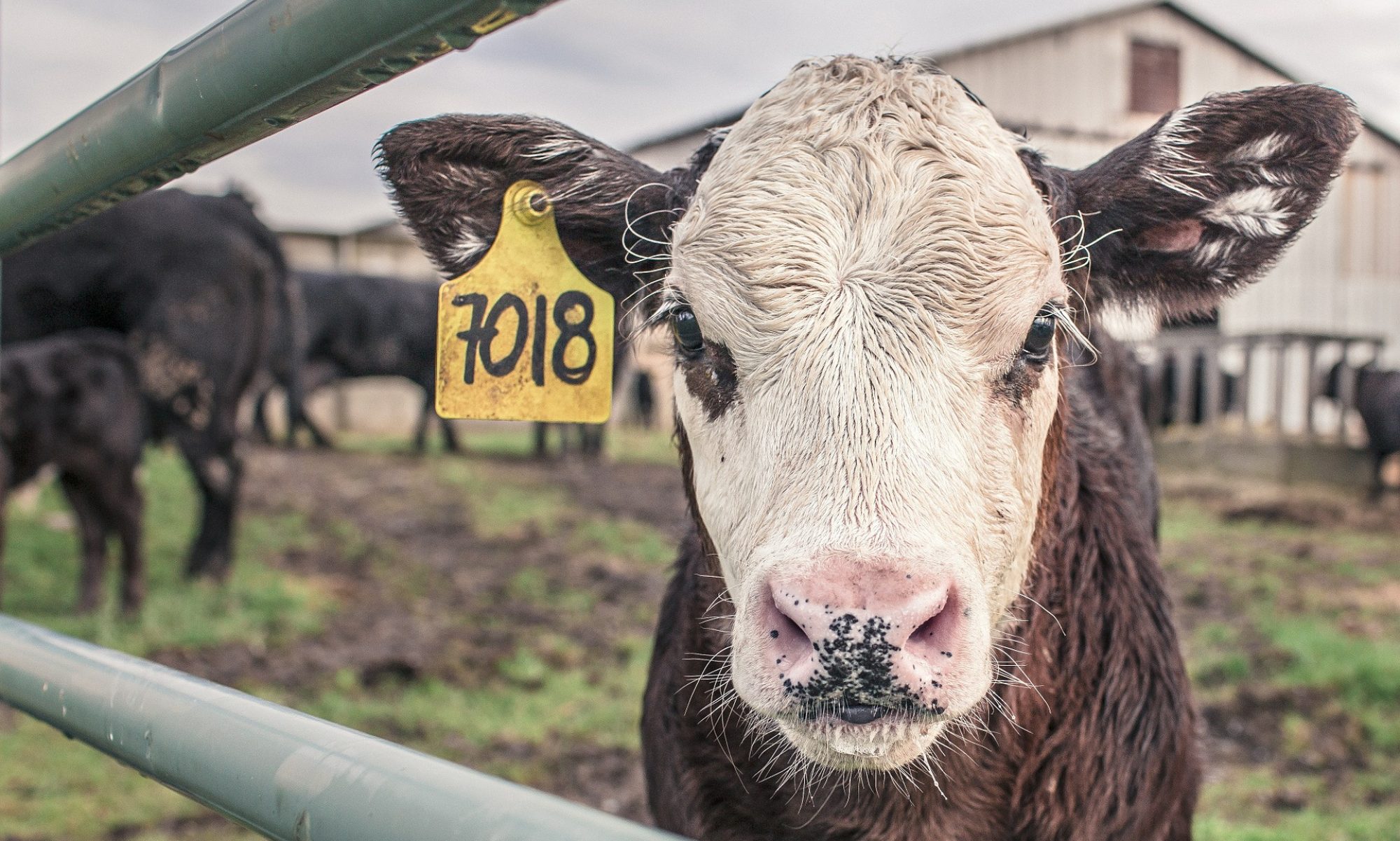Iowa State University
Animal Welfare Judging and AssessmentVDPAM 365. Cr. 1. Repeatable. F. Preparation for competition in the Intercollegiate Animal Welfare Judging Contest. Development of critical appraisal and oral communication skills in regard to animal welfare. Animal behavior, physiology, health and performance parameters, basic husbandry, housing and preventive care will be explored for select farmed, companion and exotic species. Optional field trips.
Contact: Dr. Suzanne Millman, smillman@iastate.edu
Animal Welfare Science & Research VDPAM 564X. Cr. 3. Alt. S. (even years).
Prereq: None. Animal welfare is increasingly a key component of societal decisions about animal use, sustainable development and human-animal relationships. Understanding animal welfare as a scientific discipline, with primary focus on veterinary, biomedical and animal science disciplines. Explore fundamental and applied approaches to animal welfare science, including experimental design, data analysis and interpretation of results. Topics selected will reflect student interests, and may include animal welfare assessment and assurance, animal cognition, pain assessment and mitigation, and animal models used in biomedical research.
Contact: Dr. Suzanne Millman, smillman@iastate.edu
Behavior of Domestic AnimalsBMS 403. Cr. 1. F., half semester.
Prereq: Classification in veterinary medicine (or instructor permission).Normal and abnormal behavior of domestic animals.
Contact: Dr. Suzanne Millman, smillman@iastate.edu
Topics in Animal Behavior: WelfareAn S 537. Cr. 3.
Prereq: permission of instructor; M.S. or Ph.D. student. Each semester, the students’ focus is on different topics related to animal behavior, animal welfare and contemporary issues related to animal behavior and welfare. Each topic is separate and distinct, and students may enroll in multiple topics. This is an on-line course only. Each topic may be taken only one time for credit.
Contact: Dr. Suzanne Millman, smillman@iastate.edu
Domestic Animal Behavior & Well-Being Concern about domesticated animal well-being has increased dramatically in the United States and globally. The issues involved are complex and there is widespread disagreement as to both the extent of human responsibilities toward animals and how those responsibilities should be carried out. Although human ethical attitudes are an important part of the dialogue about animal well-being, in this course we will not deal directly with human values, but will instead consider:
• How are animals coping?
• Who are animals?
• What can they experience?
• How can management practices and environments be modified to improve their well-being? In class option only.
